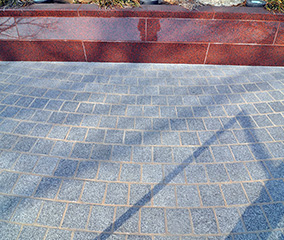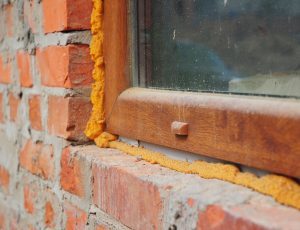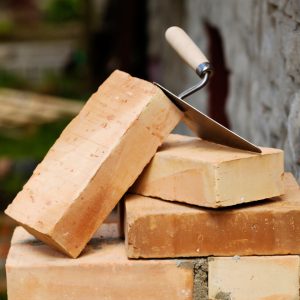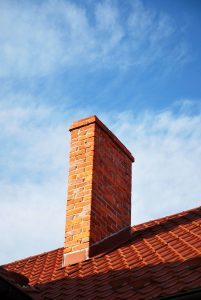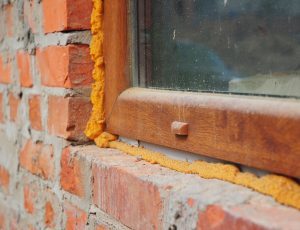
Brick is a great material for your masonry project and there are so many different types to choose from!
Brick is a great, classic masonry material that can be used for any building or structure. Bricks are very durable and last a long time with little maintenance, but there are multiple types. Here are the five types of bricks so that you can choose which is best for your masonry project.
Common Burnt Clay
Burnt clay bricks are made by a mold that is pressed in. The bricks are then dried and fired in a kiln to solidify them. These bricks are typically used for general construction work. They have no special appearance, making them pretty generic. Plastering is required to put these bricks into walls.
Sand Lime
A combination of sand, fly ash, and lime are what makes up sand lime bricks. A chemical process is implemented during the mixing of the material and then it’s molded to form the brick. Sand lime bricks are a gray color rather than the typical red, giving your masonry project a unique appearance. Their finish is smoother because it doesn’t require plastering like the burnt clay bricks.
Engineering
What makes engineering bricks different than others is that they are made at extremely high temperatures. This gives them more strength and density. In addition to this, they are also really good at resisting water and chemicals. These bricks are typically used for a specific or special masonry project because they cost more than regular bricks.
Concrete
These bricks are made from solid concrete and are commonly used by homebuilders. They give a building a nice aesthetic, often used for fences and facades. They can be made in a variety of different colors and are best used for a masonry project that is focused on visuals and aesthetics.
Fly Ash Clay
Clay and fly ash are combined to make this type of brick. They are combined and produced at about 1,000 degrees celsius. These bricks are more cost friendly because they cost less to install and require less mortar. The downside to these bricks is that they can tend to expand when water gets into them..
Contact Del Prete Masonry Today for Your Next Masonry Project
If you are ready to upgrade your home or commercial building with professional masonry installation or replacement, Del Prete Masonry has the experience and expertise to get the job done right for the right price. To explore our residential and commercial services and set up a consultation, please give us a call at 410-683-0650 or contact us online. We currently serve Baltimore City and County, Harford County, Carroll County, Anne Arundel County, and Howard County. To see examples of our work and get more updates, follow us on Facebook, Twitter, Google+, and Pinterest





























